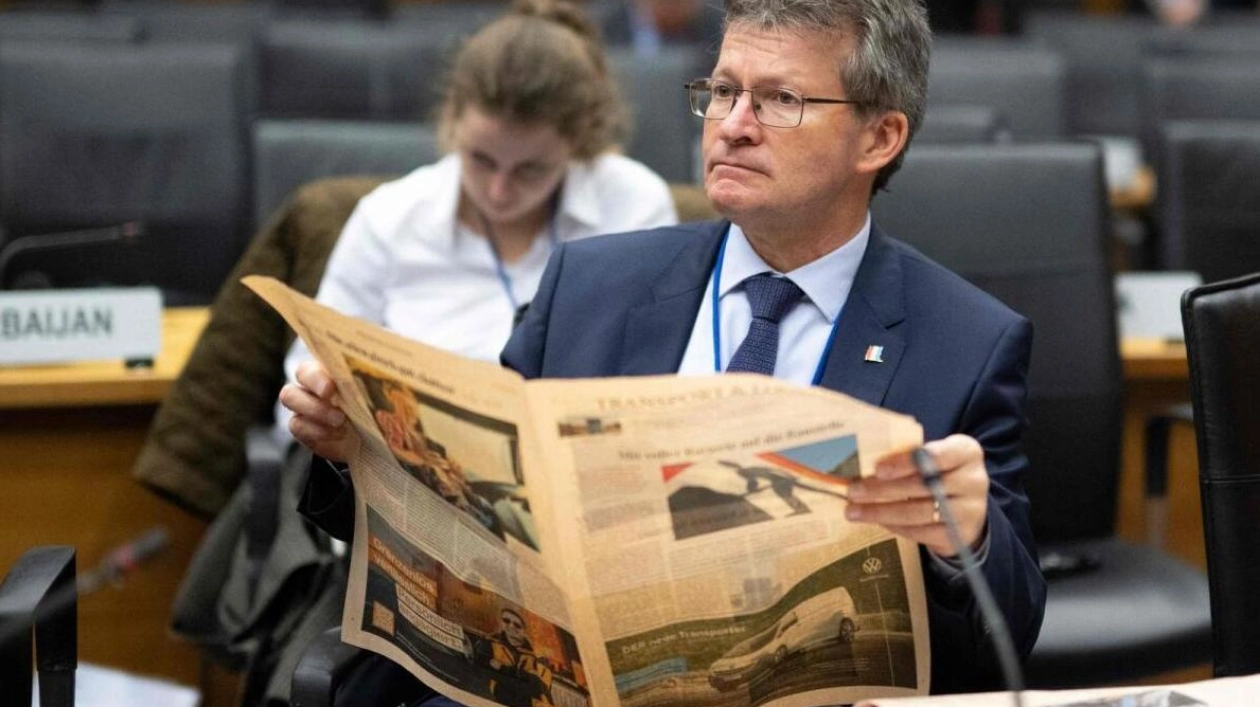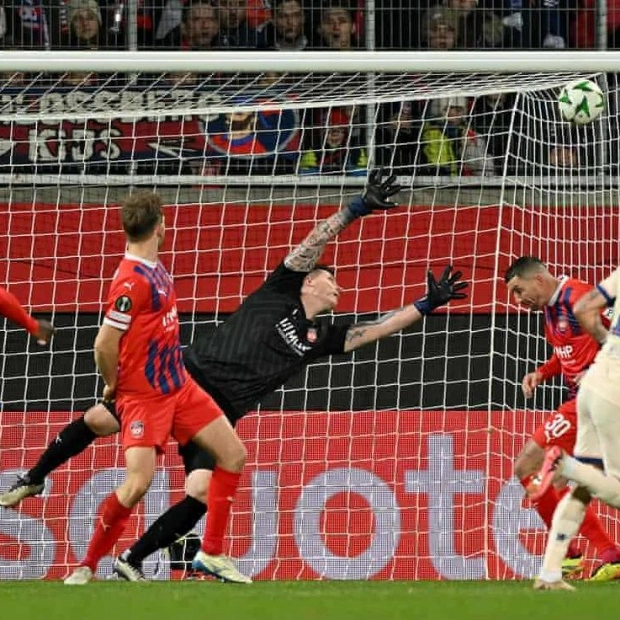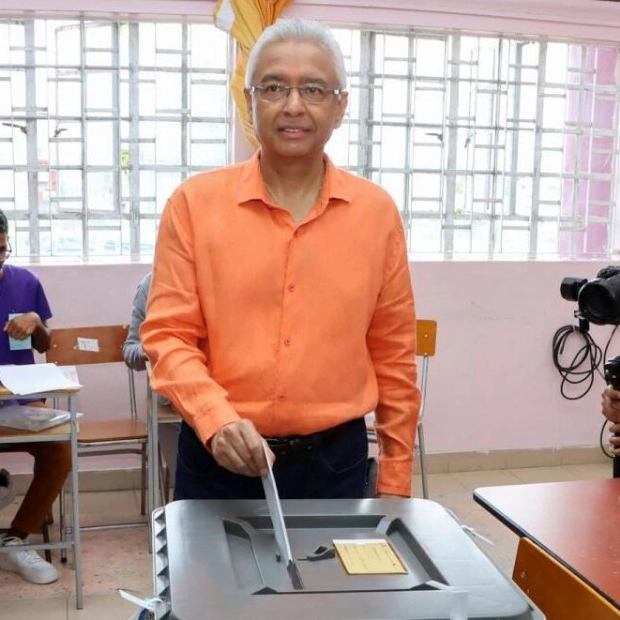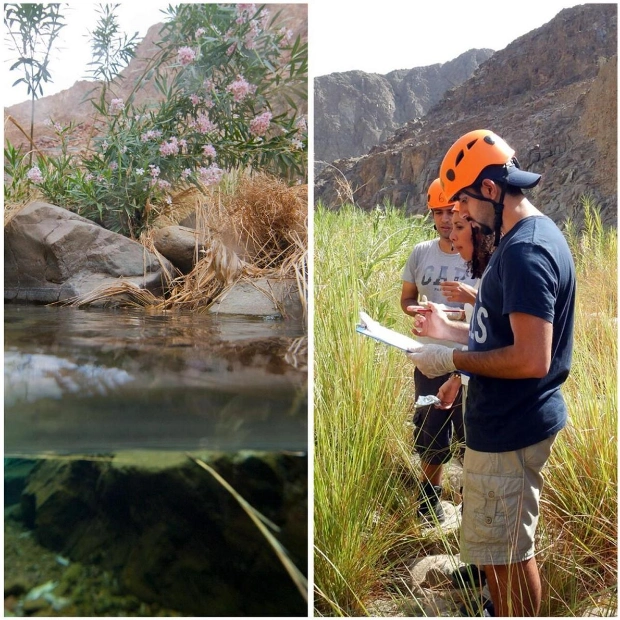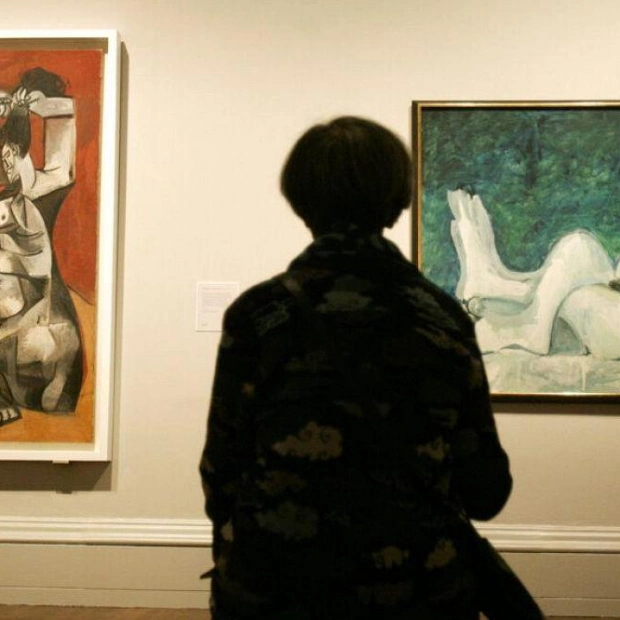Luxemburg’s Ambassador to the IAEA, Jean Graff, participated in a Board of Governors meeting at the agency's headquarters in Vienna, Austria, on November 20, 2024. — AFP
Iran announced on Sunday that it will engage in nuclear discussions in the near future with the three European nations that spearheaded a censure resolution against it, which was adopted by the UN's atomic watchdog. Foreign ministry spokesperson Esmaeil Baghaei stated that the meeting involving the deputy foreign ministers of Iran, France, Germany, and the United Kingdom will occur on Friday, without revealing the location.
"A variety of regional and international topics, including those concerning Palestine and Lebanon, as well as the nuclear issue, will be addressed," Baghaei mentioned in a foreign ministry statement. He characterized the forthcoming meeting as an extension of discussions held with these countries in September during the UN General Assembly's annual session in New York.
On Thursday, the 35-nation board of governors of the UN's International Atomic Energy Agency (IAEA) passed a resolution condemning Iran for what it deemed insufficient cooperation. This action took place amid escalating tensions regarding Iran's atomic program, which critics suspect is intended to develop a nuclear weapon—a claim Tehran has consistently refuted.
This development followed IAEA head Rafael Grossi's return from Tehran, where he seemed to have made progress. During his visit, Iran consented to an IAEA request to limit its stockpile of near weapons-grade uranium enriched up to 60 percent purity.
In response to the resolution, Iran declared it would initiate a "series of new and advanced centrifuges." Centrifuges enrich uranium by rapidly spinning it in gas form, thereby increasing the concentration of fissile isotope material (U-235). "We will significantly enhance our enrichment capacity through the deployment of various advanced machines," stated Behrouz Kamalvandi, spokesperson for Iran's atomic energy organization, on state television.
Nonetheless, Iran also affirmed its intention to maintain "technical and safeguards cooperation with the IAEA." Iranian President Masoud Pezeshkian, who has been in office since July and advocates dialogue with Western countries, aims to dispel "doubts and ambiguities" surrounding his country's nuclear program.
In 2015, Iran and global powers reached an agreement that eased international sanctions on Tehran in exchange for restrictions on its nuclear activities. However, the United States unilaterally withdrew from the accord in 2018 under then-president Donald Trump and reinstated harsh economic sanctions, prompting Iran to gradually withdraw from its commitments.
Since 2021, Tehran has reduced its cooperation with the IAEA by deactivating surveillance equipment monitoring the nuclear program and barring UN inspectors. Simultaneously, it has augmented its stockpiles of enriched uranium and the level of enrichment to 60 percent. According to the IAEA, this level is close to the 90 percent-plus threshold necessary for a nuclear warhead and significantly exceeds the 3.67 percent limit agreed upon in 2015.
Source link: https://www.khaleejtimes.com
